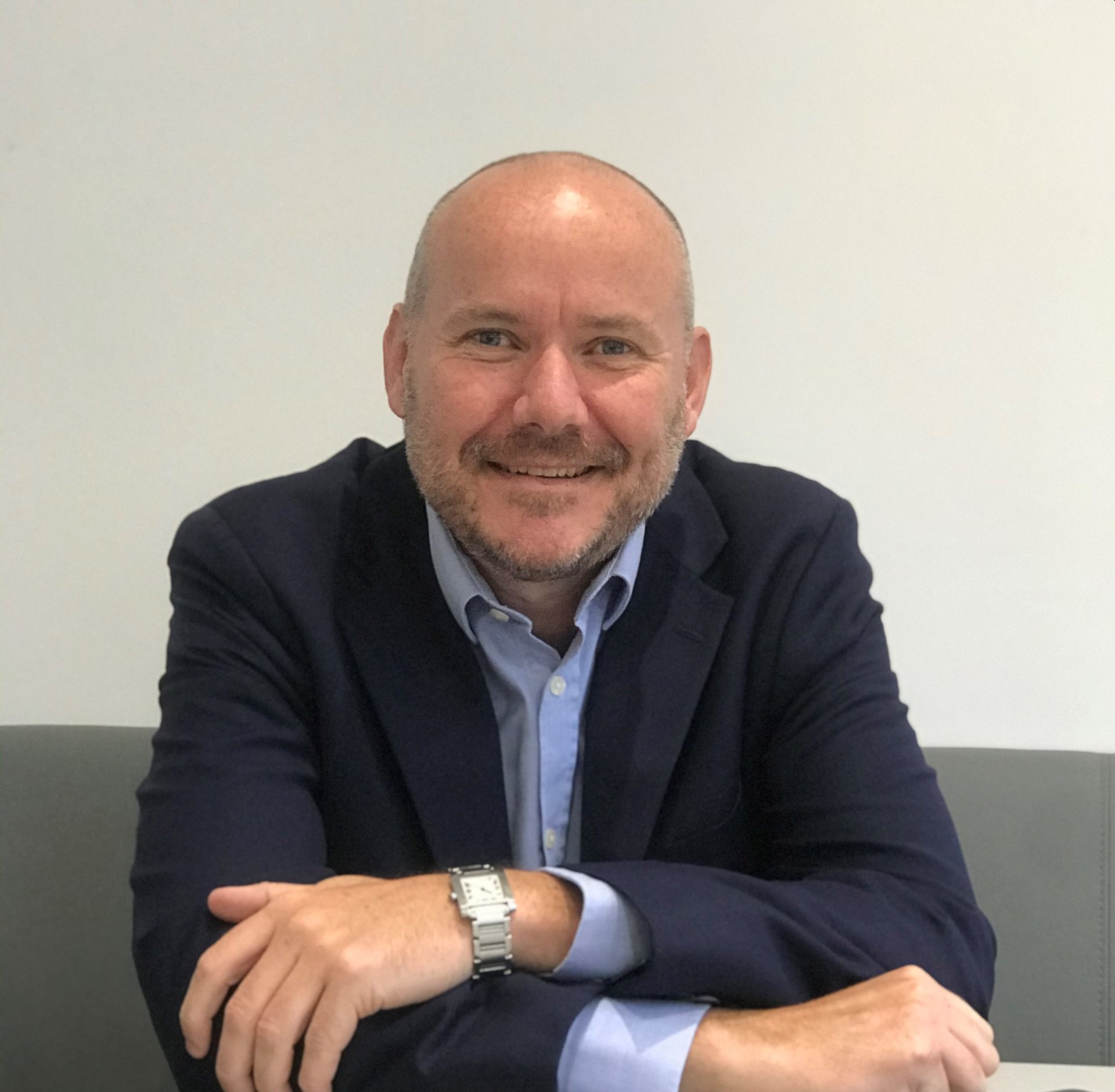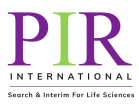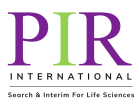Chief Executive Officer, Oxford Gene Technology (August 2023)

Adrian Smith is the CEO of Oxford Gene Technology, a Genomic testing company working in the areas of cancer and hereditary disease.
Prior to joining Oxford Gene Technology, Adrian spent 8 years at Hologic initially as the head of Hologic’s UK&I In vitro Diagnostics Division and latterly as General Manager/ Managing Director of the Hologic Divisions including medical imaging and surgery alongside IVD.
From 2010 to 2014 Adrian was EMEA Marketing Director for Women’s Health and cancer screening at QIAGEN.
From 2003 to 2010 Adrian held various commercial roles at Roche Diagnostics including Pharma Diagnostics partnering, Market Access, Business Development Government Affairs, pricing, and reimbursement.
Key milestones in your career journey to date?
- Being involved in the thought leadership around the Rx/Dx market with Roche in 2003 which formed the foundation of the personal medicine reimbursement landscape today; and during which many of the opportunities and challenges were starting to emerge.
- Roche were one of the early companies in this space to spend significant time thinking about this as their Genentech entity already had a targeted therapy pipeline and the opportunities and challenges associated with this were starting to reveal themselves.
- After a few years in IVD with Roche and QIAGEN, in an international capacity, I joined Hologic eventually becoming responsible for all their divisions (IVD, Surgery, Imaging). Our success was attributable to a clear strategy executed by the most talented team.
- This came to the fore during Covid, in early 2020, when the UK government relied on Hologic to provide around a third of the COVID PCR testing to UK hospitals. This was an incredible effort, and it was exhilarating to see a team able to deliver a project like this in such a short space of time without significant problems.
- When I joined OGT as CEO in March 2022 it was an opportunity to lead a business with outstanding technology and R&D. We are in the process of building the capacity to create enormous societal value in the genomics and IVD markets. Mid double digit growth is our goal through R&D innovation, strategic acquisitions, building the commercial team and expanding our pharma partnering business.
Who has had the greatest influence over your career?
- We never stop learning, and I can think of individual insights from many colleagues over the years that I still use every day.
- I learnt the most in the shortest time from my first manager, at Roche, who showed me the power of asking the right questions.
- My previous CEO at Hologic, Steve McMillan, demonstrated the importance of getting talented people in leadership positions to accelerate the performance of a company.
- A current example of someone who is influencing my thinking is Helen Lee, the founder of Diagnostics for the Real World (DRW) in Cambridge. Helen has built a highly innovative, profitable global IVD company from scratch, in a unique way, using her energy to inspire all stakeholders. More remarkable given she is in her 80’s!
What top three attributes make an outstanding and relevant leader in today’s world?
- When I reflect on my career, and the companies I’ve worked in, we have been successful when we get the right people in key positions, have a clear strategy on where to go and how to get there (deciding what not to do is often as important as deciding what to do).
- A small dose of impostor syndrome is probably a good thing as it keeps you humble and always in learner mode; investing time to take others with you.
Describe your approach to identifying and developing high performing teams
- I always strive to recognise individual talent; talented people make strong teams; Use data where you can but understand not only what people have done but why. Many of the talented people in at OGT have worked with me in the past at previous companies.
- Make sure your organisation has identified its hi-potentials and allow them to own their career plan.
How does your company meet the challenges of leading a multi-generational workforce?
- I increasingly see the potential in people with significant and very little life experience, in all walks of life, in business and the voluntary sector. Indeed, one of the main reasons I took the role as CEO of OGT was because of the vast experience and wisdom of the OGT board.
- Whatever age people are, they need to feel valued and that they can make a difference. OGT is a relatively small company so we can flex and accommodate people’s needs based on age and experience. We certainly benefit from the maturity and life experience of the older employees, and the energy and enthusiasm of the people just starting their careers.
- A few years ago, I used to worry that the biotech industry was a young person’s game as I didn’t see many older role models. I don’t worry about that anymore which I take to mean that I see more around me that speaks to a multigenerational workforce.
Tell me something about your company that you would like to share with the PIR community
- OGT is a hidden gem in the global genomics space; with significant expert knowledge in genomic testing in cancer and highly skilled Regulatory and R&D teams, we are increasingly being sought out by the pharma sector to deliver the CDx projects.
- We are now owned by Sysmex corporation which has given us a global commercial reach, and as a result we are growing rapidly.
How has your company created a more diverse culture in recent years; and what do future challenges look like?
- There are many opinions on what diversity is and should be; and it’s sometimes over simplified. I’ve come to believe that diversity of thought and perspective are important factors in an organisation; if you seek this diversity by looking for talent outside your typical areas the organisation will be more balanced.
The provision of flexible working and employee wellness support are increasingly important in the retention and attraction of key talent. How are these being managed by your company whilst ensuring that productivity targets are met?
- It’s a complex question but essentially giving people ownership of their outcomes and helping them understand the factors affecting their ability to deliver helps with this. Essentially getting stuff done is what we are about; sometimes it’s best to do this face to face, sometimes not, sometimes things require some intensity, sometimes you need to make time and space to think. I think giving people more accountability, responsibility and control over this is how a modern workforce can thrive.
What will be the biggest technological transformation in your sector over the next 5 years?
- Democratisation and expansion of sequencing technology in healthcare, increased computing and data processing power and the rapidly growing capability of AI will, I expect, change things significantly.
What is your hidden talent or something that might surprise others about you?
- I have a pretty good long-term memory and can remember conversations with colleagues over the last thirty or so years. I also play international veterans’ hockey.
What advice would you give your 23-year old self?
- Try and get to know your real self and try and do more of what would make that person happy.
Words of Wisdom?
- Best Advice I was given:
- I never met the guy, but I love this quote from Seneca maybe because I’m now in my fifties! ‘Hang on to your youthful enthusiasms, you will be able to use them better when you are older.’
- Advice I’d give:
- In business, its all about people and execution. Get the right team and you’re halfway there.
- What I wish I’d known:
- Act decisively, especially with decisions affecting people.

